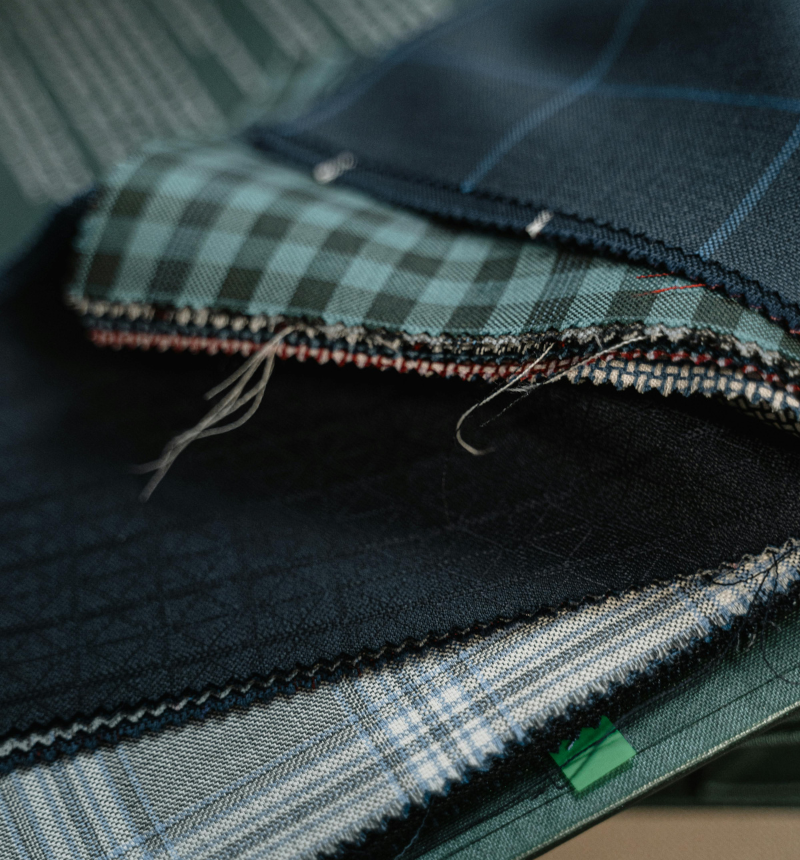
Selecting the right kind of fabric for the business suit is always important. The choice of fabric will determine how the suit looks, feels, drapes, and how long it will last. The right suit fabric will help you feel more confident on any occasion.
No matter whether you are going to a job interview, a client meeting, or just off to the office, a professional look depends greatly upon the right fabric, as it certainly enhances your persona. Just as knowing how to tie a tie or pick the right shoes is important to looking and feeling polished in the business world, understanding suit fabrics is as well.
Your comfort throughout the day is based on the fabric of your suit. In hot summer days, it can determine how breathable the material is, how structured and sharp it looks in the boardroom or how easy it is to maintain after a busy workweek. There is an abundance of fabric on the market today, making it easy to be bombarded with choices.
That’s why we have fashioned this guide in order to help you make important decisions in terms of investing in your wardrobe. Continue reading to find out how to choose the best suit fabric for any occasion and season.
What Makes a Good Business Suit Fabric?
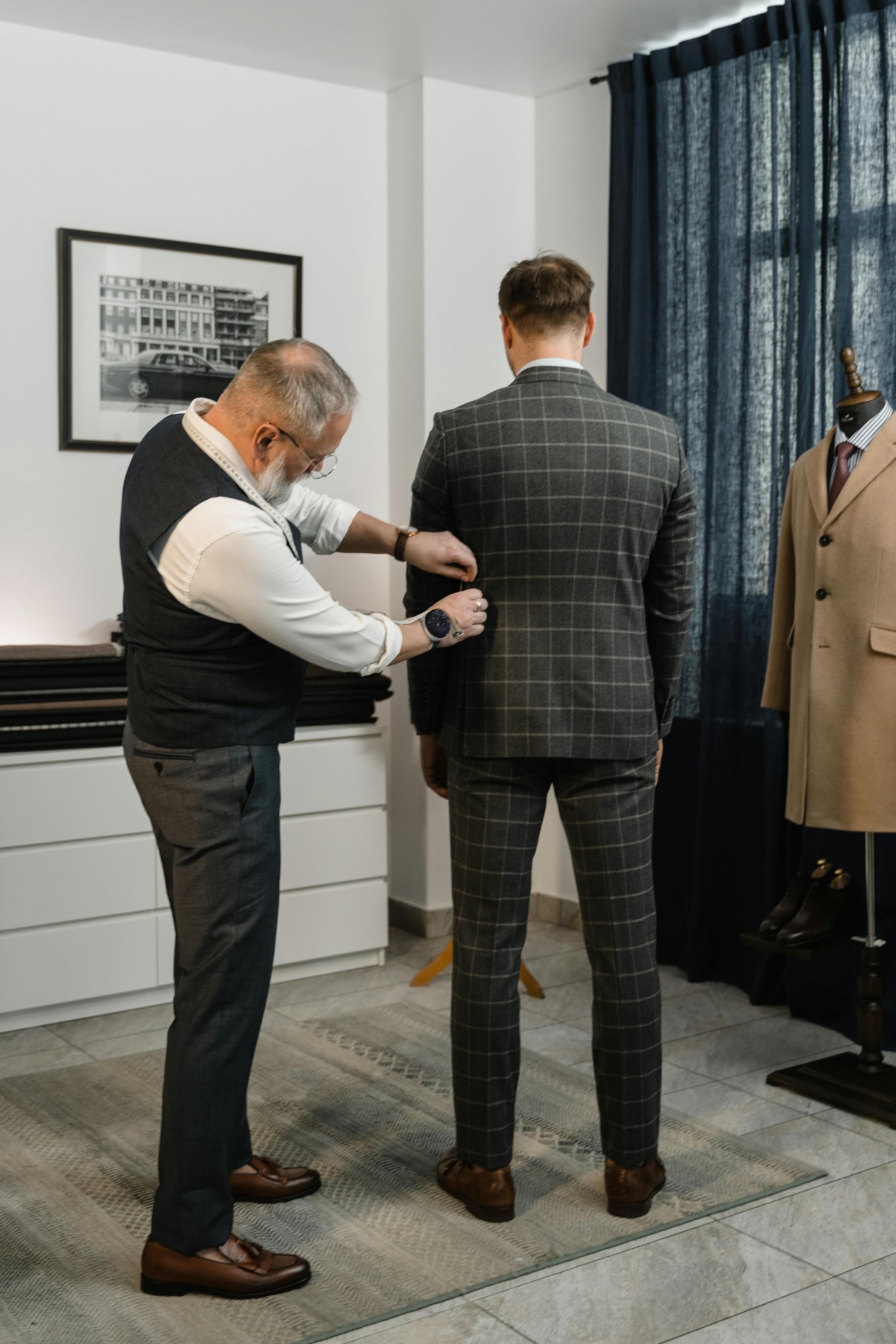
When choosing a business suit fabric, you should think of more than the visual appeal of the fabric. A good business suit fabric is something that performs well, feels good and supports your image.
It gives all day comfort, which is critical for modern professionals who constantly move from one meeting to another, to and from work, and to social gatherings. A suiting fabric properly chosen shows a person has paid attention to detail, is professional, and has a purpose. This is what you are to consider when choosing your business suit fabric.
- Durability: For your business suit, you should have a reliable piece of clothing in your wardrobe, the fabric of which should be able to withstand frequent wearing and not wear out or get torn. Durably shaped fabrics will not fade and yet maintain a pleasing look to the fabric even after being laundered several times.
- Breathability: Comfort comes with the need for breathability in cases such as long working days or hot weather. As a matter of fact, if you have ever had the misfortune of sweating through a heavy suit, you’ll know just how important it is that your suit allows air to flow.
- Wrinkle Resistance: A wrinkled suit gives you an unprepared look, something no professional wants to have. If you are a busy professional on the go, both in travel and workshops constantly, wrinkle-resistant fabrics are a necessity. Wool and polyester blends are natural, wrinkle-resistant fabrics that help to keep one looking sharp and polished all day. In addition, these fabrics do not crease easily, so you don’t have to fear looking disheveled when stepping into the boardroom or an important meeting.
Best Suit Materials for Different Occasions and Seasons
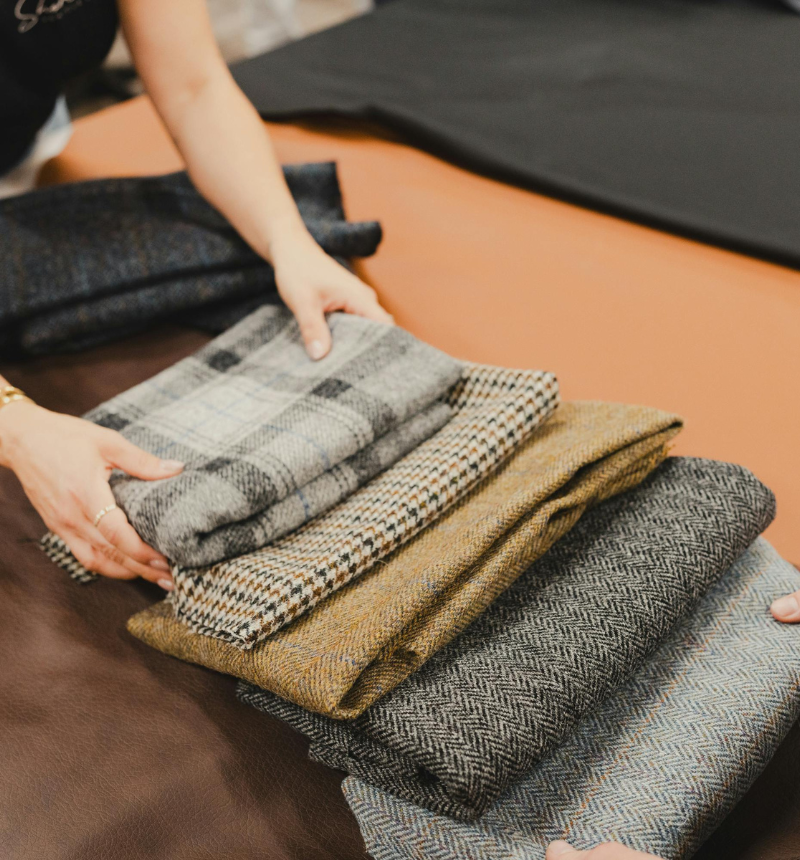
Selecting a fabric for your suit goes beyond weather considerations because it determines both functionality, formal appearance and personal aesthetic. The range of fabrics available to suit buyers brings distinct characteristics including thermal insulation, ventilation properties, structural support and sophisticated appearance.
Here we will examine the most sleek suit fabrics together with their appropriate usage. Each fabric type is tailored to contribute something different to customers depending on the season or business requirement you need.
Wool
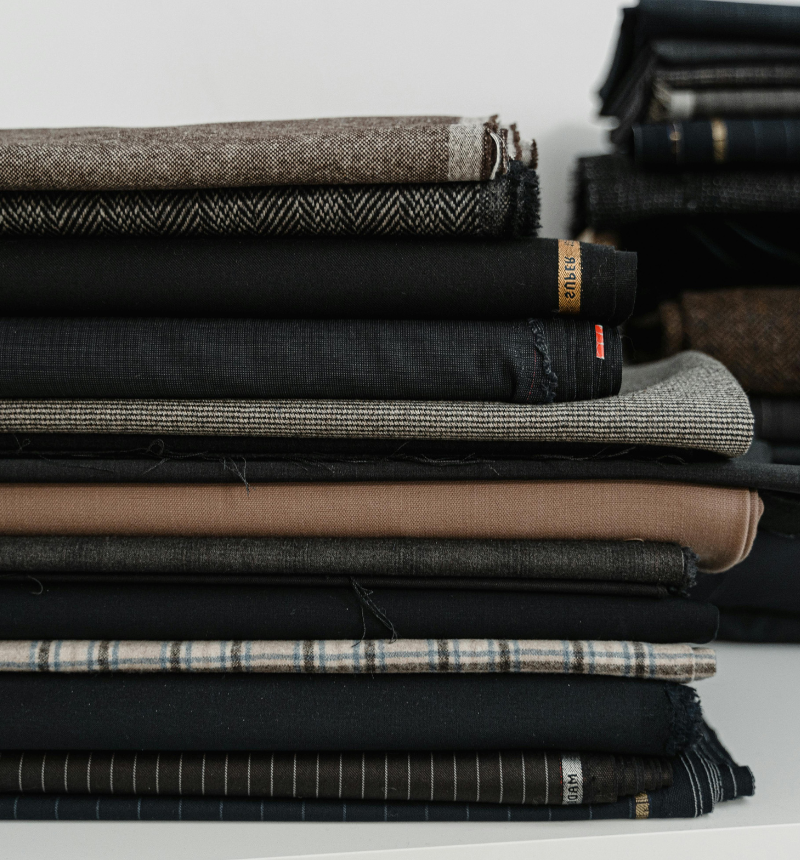
Wool fibers are the most popular and versatile choice for a business suit because it ticks all the right boxes. Another plus is that it’s a natural drape that flatters every body type thanks to its breathing and being wrinkle resistant.
Wool will be able to adapt to changes in temperature, so it can be worn in cold and warm weather. Additionally, wool is offered in various shades and textures, allowing you to discover a match to your personal preference regarding style. A navy or charcoal wool suit is a classic that is appropriate in almost any professional environment.
Cotton
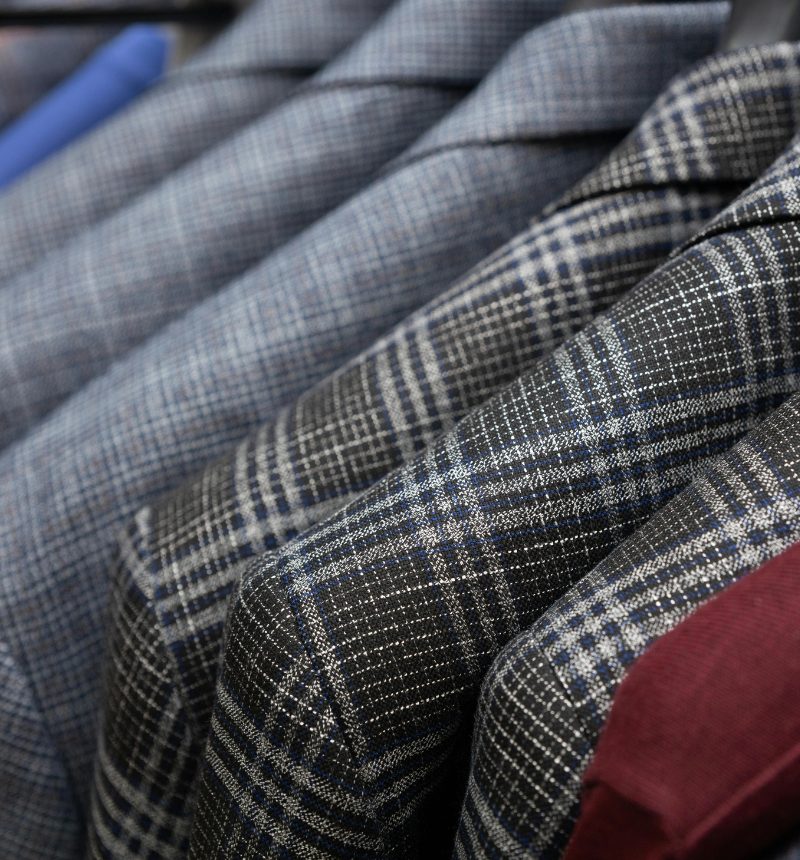
For those seeking relief from the heavy, traditional wool suits, cotton twill suits are an ideal option. Being a breathable fabric, cotton is a great choice of material for spring and summer wear because it provides comfortable air circulation and it helps the wearer feel cooler even on hot days.
While cotton does pose a couple of challenges. Cotton twill suits are more likely to wrinkle due to this than wool, which means that the suits need more maintenance to keep their crisp and sharp appearance.
Tweed
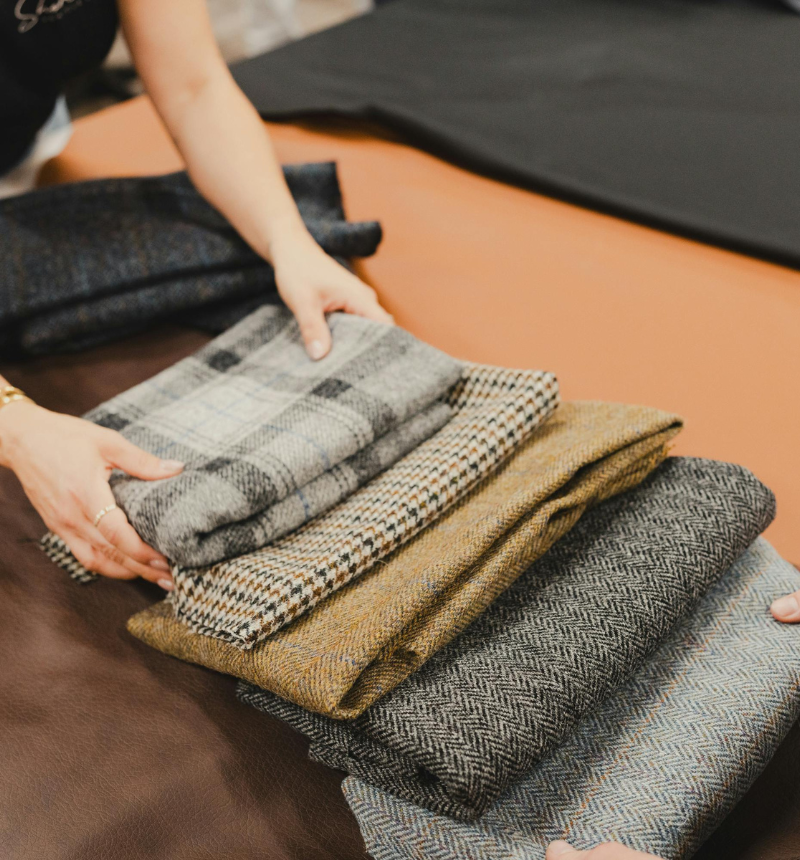
During autumn and winter seasons, tweed delivers its thick textured wool fabric as an ideal choice for warmth. The fabric provides excellent insulation, thus making it an ideal choice for cold weather. Professionals who operate in cold environments and those who conduct business outdoors will find tweed provides both comfort and longevity.
When you need a unique suit alternative to worsted wool but want the same structure and weight, then tweed fabric becomes an ideal choice. The proper wearing of tweed suits makes it suitable both for relaxed business environments and traditional outfits that require texture.
Linen

Linen fabric allows your body to stay cool because it breathes naturally and draws moisture away from your skin. The professional world in tropical areas and business travelers prefer linen suits as their work attire.
The naturally wrinkled state of linen clothing projects a quality that expresses assurance and casualness to certain individuals. Linen provides a perfect balance comfort and style when wearing it in tropical or summer day conditions.
High-quality linen shirts along with linen blend fabrics minimize wrinkling while maintaining their shape, hence making them an excellent choice for most shops in hot areas.
Different Types of Suit Fabrics
Apart from knowing which fabrics are suitable for which season, it is important also to know the various types of fabrics that are available in the market. Let’s take a deeper look.
Tropical Wool
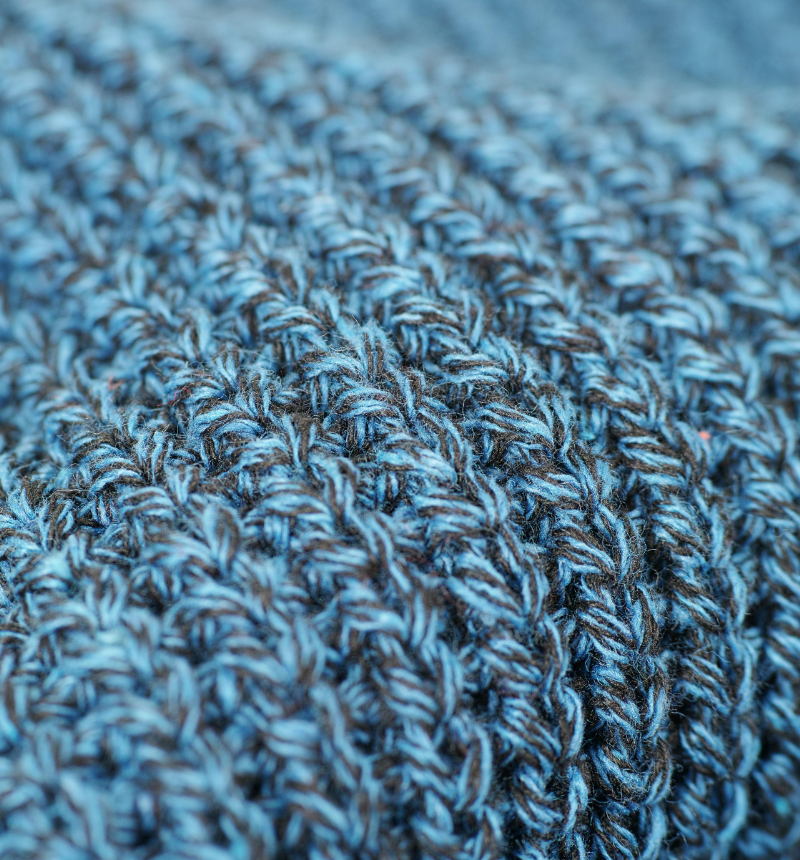
Wool for tropical climates is a modified version of wool. It is lightweight, breathable but still has the same polished look as wool suits are known for. The fabric is a great choice for summer suits because it is cool and comfortable, yet resistant to wrinkles and retains its shape.
Cashmere
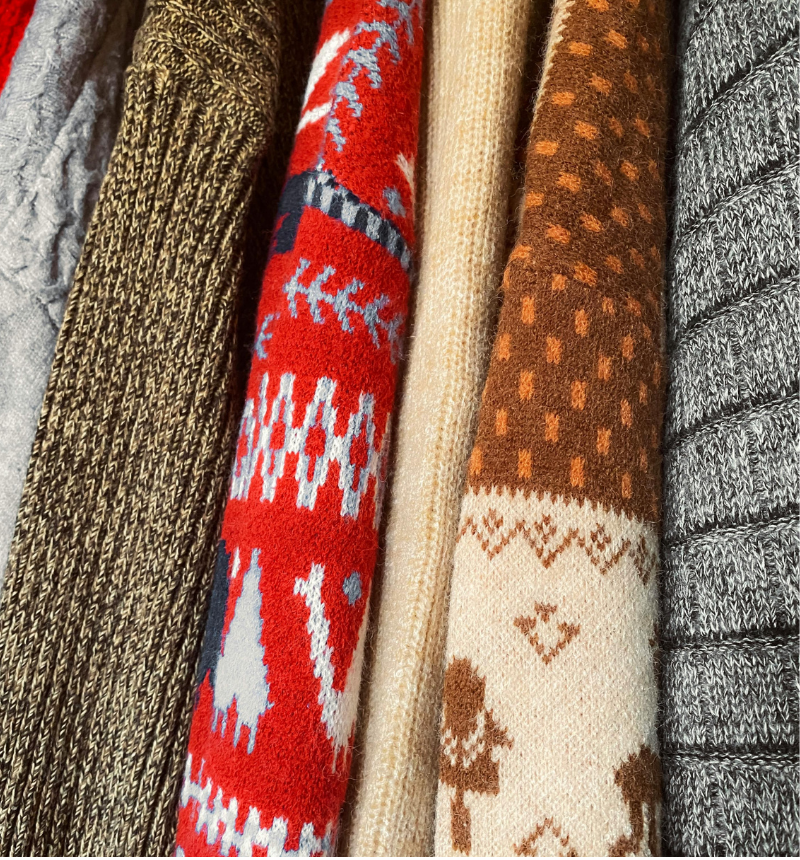
Cashmere is one of the most luxurious and softest fabrics for a suit. This fabric is derived from the undercoat of cashmere goats, and is warm and comfortable without the bulk of other fabrics. Cashmere is rarely used alone for suits, but is often blended with wool to increase the fabric’s softness and warmth.
Blends of cashmere are great for fall and winter months. Cashmere suits are also a premium choice and can provide a good, classy, high-end appearance.
Flannel
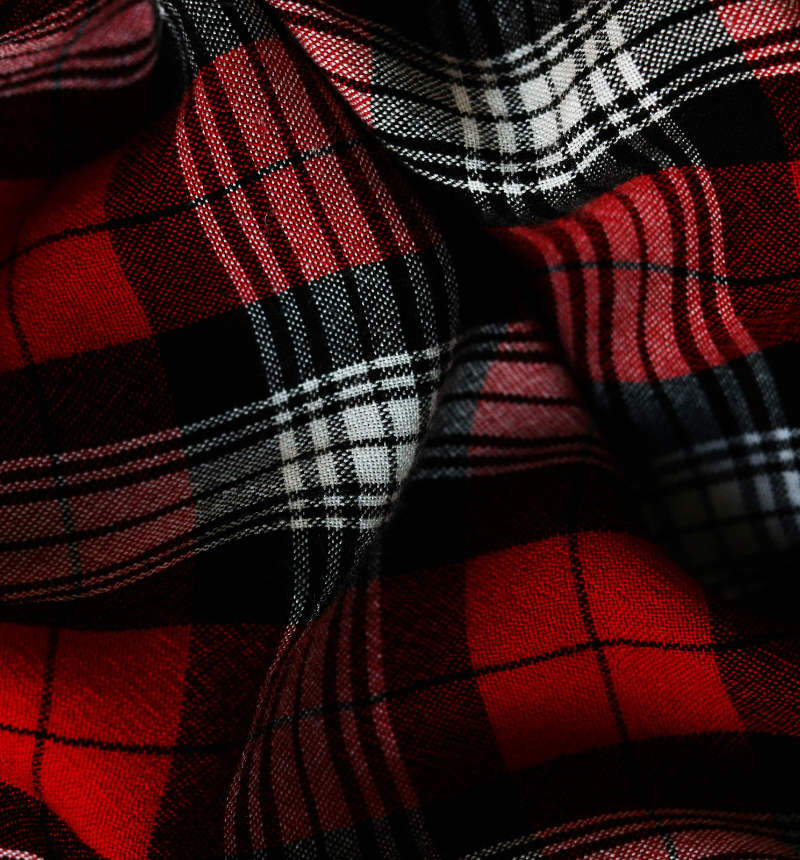
The term flannel refers to a brushed wool fabric that is soft and fuzzy. Regular wool is warmer than this material, so it is well suited for colder weather. Flannel suits give a more relaxed look than smooth wool suits and are ideal for winter meetings or business where a slightly more casual look is accepted. The heavier weight of the fabric also keeps the suit’s structure in place while allowing you to stay warm and comfortable all day long.
Mohair
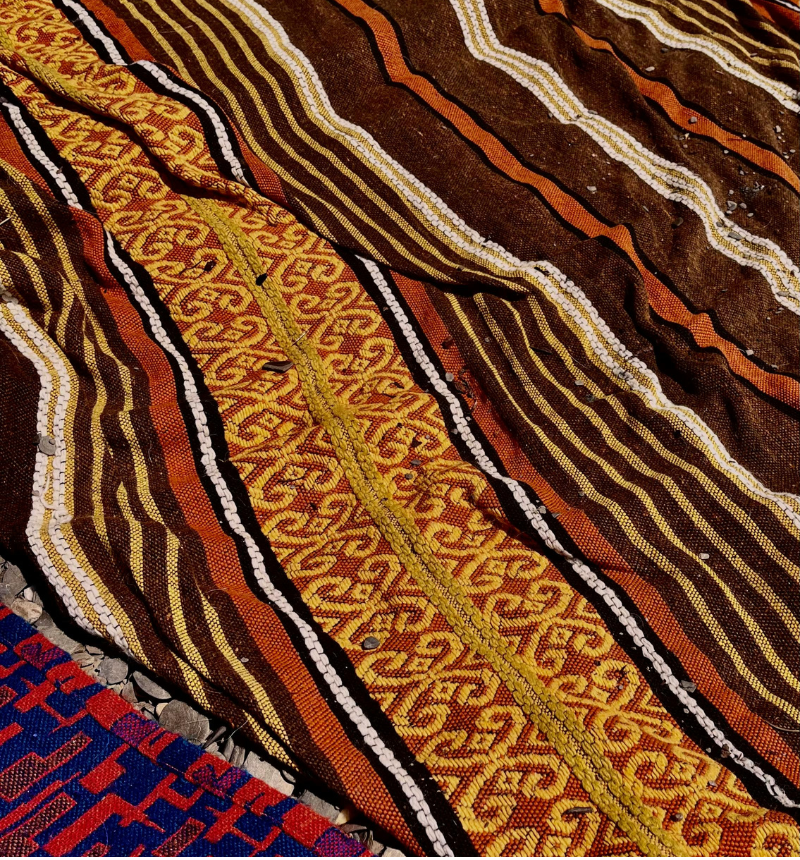
The lustrous and durable fabric made from the Angora goat is called mohair. Suits made from a Mohair blend are lightweight yet strong, providing a crisp finish and hold their shape extremely well all throughout long meetings and events.
The fabric has a natural sheen that reflects the light very well, and because of that, it’s a popular choice for those wanting to achieve a sophisticated and polished appearance. Also, mohair is commonly combined with wool so that the user has the best of both worlds: she gets the soft breathability of wool’s natural fiber and mohair.
Polyester Blends
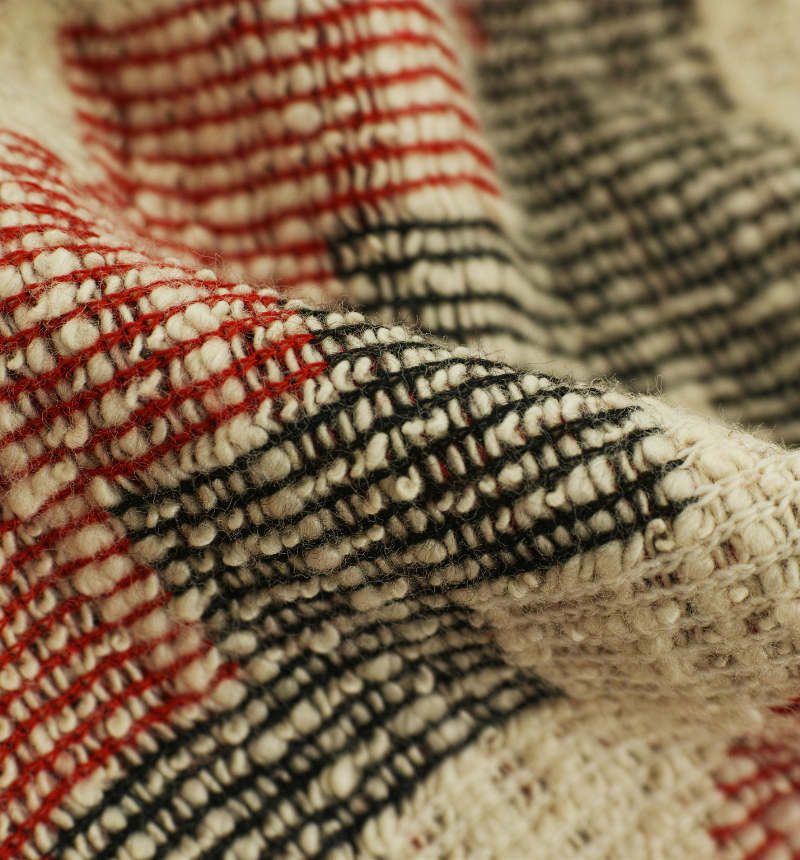
For professionals who want a durable and low-maintenance suit at a practical and budget-friendly option, polyester blends are a good choice. Wool or cotton is usually blended with polyester blends to offer durability, comfort and ease of care.
However, viscose blends are not as breathable as natural fibers, but they resist wrinkles and keep their shape. If you are an entry-level professional or just looking for a good, reliable, affordable suit for daily wear, these suits are a fine option.
How to Choose the Best Suit Fabric for Your Needs
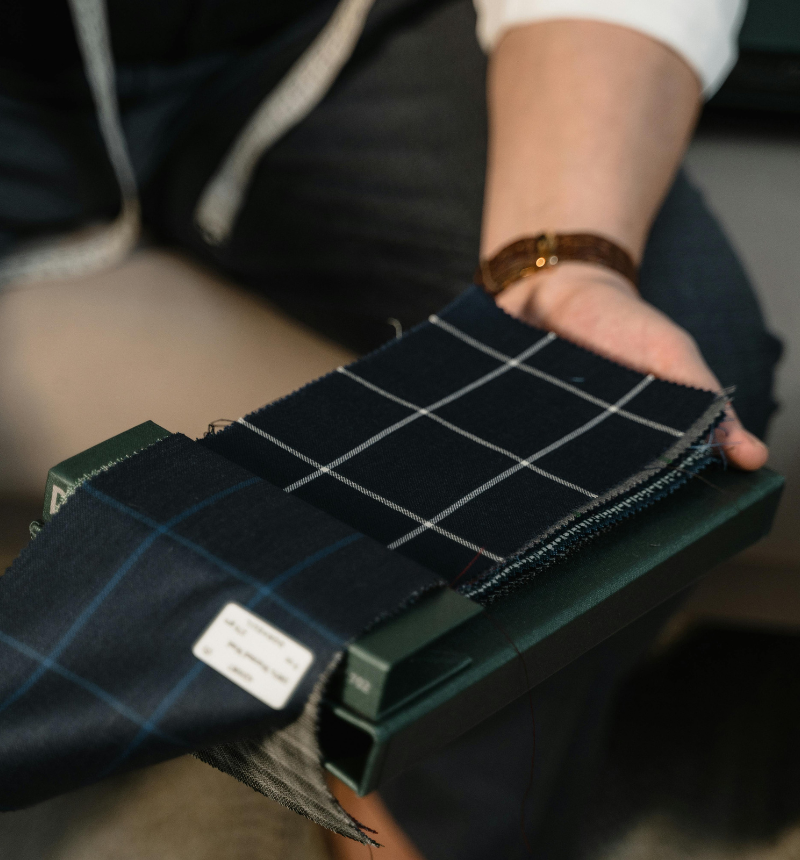
There is no single answer to this question and depends on when and where you’ll be wearing your suit, what your preferences are in terms of fit, and how you live your life. If you are going to an event that calls for you to be dressed formally or in a more casual dress code, here are some tips for choosing the fabric you need to work with.
- Occasion: For formal business settings such as interviews or corporate meetings, wool, silk wool blends or cashmere are best. With these materials, you will be able to make a very good impression, and they will give you a polished, professional look.
For a more relaxed look, a cotton or lightweight wool suit makes for perfect attire. In case of attending a special evening event or upscale business function, you can add a touch of luxury with a luxurious fabric such as silk, wool or cashmere. - Season: It is important to choose the right fabric depending on the season. Cotton, linen and tropical wool are best in spring and summer because they are lightweight and breathable fabrics.
On the other hand, these fabrics give you a cool look without worrying about a glamorous appearance. During fall and winter, heavier material such as flannel, tweed and wool cashmere blends are apt to give you more warmth without giving you a bad look.
Pros and Cons of Popular Suit Fabrics
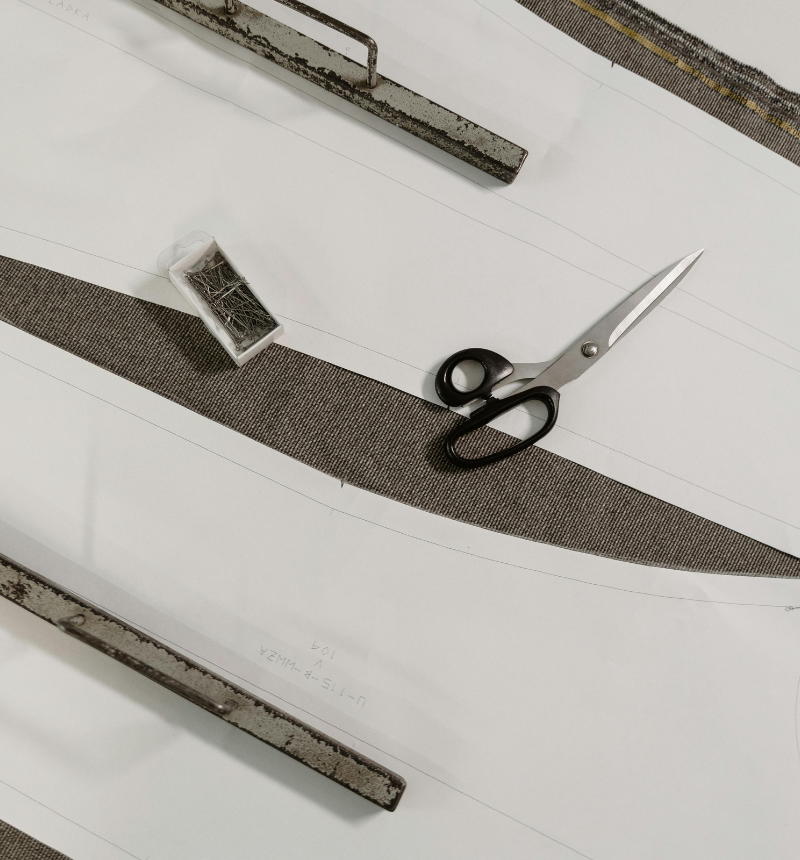
Each suit material has a story to tell, and understanding its ups and downs will allow you to choose a material that is appropriate for your style and your everyday life.
Wool
- Pros: Wool contains air pockets that normally trap them within, so that you remain warm even with the office air conditioner blasting, but allows the heat to escape when going out. The natural springy fibers bounce back after you sit or bent, so wrinkles usually shake out on their own.
A wool suit also hangs nicely, and you get a smooth, clean shape that will work from July to January with the right weight (light tropical wool for July, heavier worsted for January). - Cons: The cleaning process for wool suits commonly demands dry cleaning services that both cost money and use valuable time. Hungry moths can nibble tiny holes if you store a wool suit badly, so mothproof covers or cedar blocks are needed.

Linen
- Pros: Linen is made of flax plants, and as soon as it touches your skin, you feel the coolness. The material is quick drying, so sweat marks fade quickly on hot, humid days, and the fibers drink up moisture.
Due to its yarns being thicker than cotton, the air is able to flow between them for a breezy feel that no other natural fiber can compare to. A light colored linen suit is also easy confidence on a beach wedding or a tropical business trip. - Cons: The fibers used in linen production lack stretch ability and form wrinkles immediately when you bend your elbows or sit down. Wrinkles appear appealing on vacation, but are inappropriate during formal business meetings. The smooth draping characteristics that wool possesses do not exist in linen, which creates a problem for maintaining jacket lines throughout the day, especially when linen is not blended with cotton or silk.
Cotton
- Pros: The reason cotton is so easy to dye is that it absorbs the dye easily, so you can find bold colors like olive, tan, and powder blue that are still work appropriate. They are also easier to wash and press at home, thus keeping the maintenance of your wallet easy.
- Cons: Creases fast on pure cotton, particularly behind the knees and on the elbows. The fabric may be rumpled after a full commute without a quick steam. Pockets and knees bag out over time, as cotton fibers have less “memory” than wool. Light cotton can look limp, and heavy cotton can feel stiff, which is why it is more important than with other fabrics to choose the right weight.
Polyester
- Pros: The material is spun from strong plastic threads that won’t tear or shrug off stains. A poly-blend suit also tosses out nearly wrinkle-free and is great for the constant traveler. Accidental spills usually bead on the surface long enough to blot away because the fibers don’t drink up moisture.
- Cons: Polyester doesn’t breathe well and locks your body heat between your body and the jacket lining. That is, sweaty in a long presentation. With low quality, the fabric will also shine under bright lights, resulting in a slight plastic look. After a while, friction leads to “pilling,” tiny fuzz balls that make the cloth look worn out even though it is still structurally sound.

Cashmere
- Pros: Cashmere fibers that provide buttery smooth skin contact originate from the undercoats of mountain goat under goats. A small amount of cashmere fibers in wool results in noticeable softness, which also creates an elegant sheen on fabric surfaces. The improved heat-trapping properties of this fabric surpass wool, but maintain a lightweight structure that lets you carry a warm yet lightweight suit in chilly offices and winter events. Only a few people choose cashmere due to its ability to convey both luxury in a subtle manner and elaborate details.
- Cons: Price is the word, as pure cashmere suits can be several times more expensive than wool. The fibers are delicate, and the jacket can stretch if you hang the jacket on thin wire hangers or put heavy items in the pockets. It also pills if it rubs against rough surfaces such as your desk edge or car seatbelt, and therefore requires gentle brushing and careful storage. Second, it almost always needs professional cleaning and therefore adds to the long-term cost.

Conclusion
Your suit fabric has a huge part to play in making you who you are, in terms of how you look and feel during the day. When you are preparing for an interview, a meeting or just want to impress, knowing the difference between wool, cotton, linen and polyester fabrics will be able to help you make the right choice for you.
If it’s a budget or luxury attempt, there is a fabric to fit your style and requirements, including coordinating it with your shoes. You could visit our offices at Yanmao Textile Technology CO., LTD., or look for fabric online to be able to find something that fits you well. Happy suit shopping!





